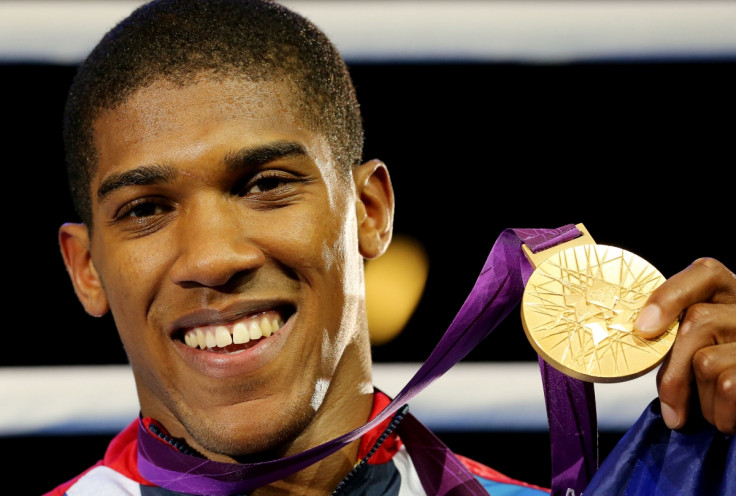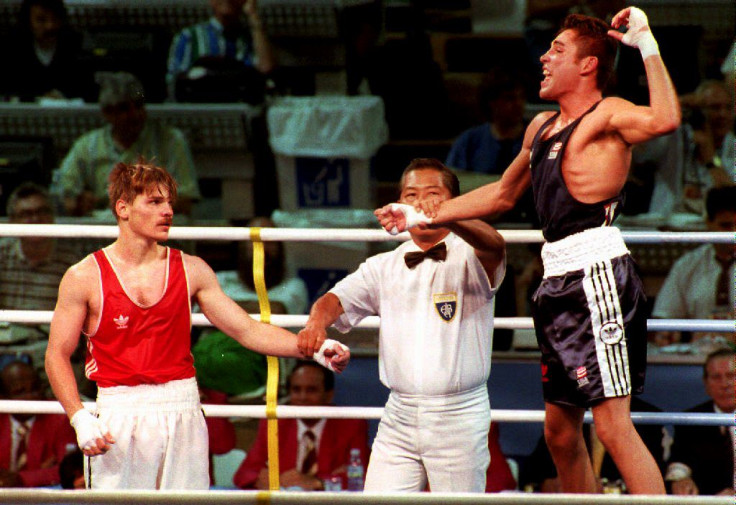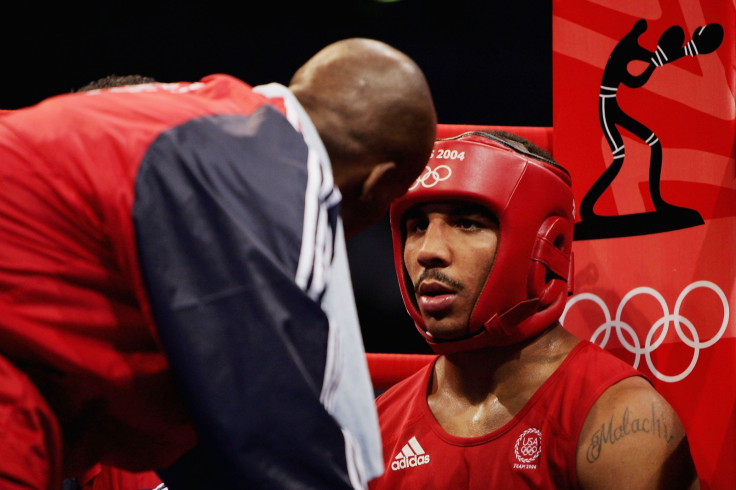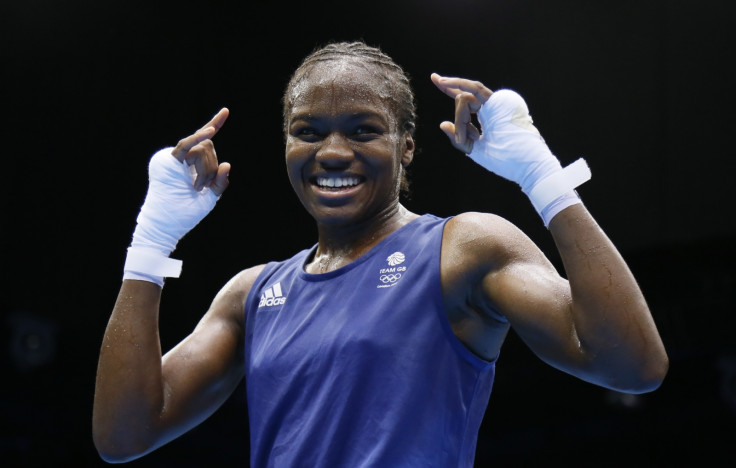Rio 2016 Olympic Games: Boxing - Schedule, format, athlete to watch and rules
Stars of the future line up to make their mark in Brazil next month.

Number of events: 13
Games history: Although Olympic boxing is largely overshadowed by the professional ranks, the Games often provide the catapult for young fighters to make a splash in the pro game. The history of the Games features some of the best-known fighters in history, including the likes of Muhammad Ali, Lennox Lewis and Floyd Mayweather Jr, among numerous others. So for fans seeking to catch a glimpse of the stars of today, as well as tomorrow, the Olympic boxing tournament is definitely one to keep an eye on this summer in Rio de Janeiro.
One of the oldest and most popular Summer Olympic sports, boxing made its debut in the modern Games in 1904 in St. Louis. However, the sport has endured a sometimes troubled relationship with the Olympics in the subsequent years, including in Stockholm, Sweden, in 1912 when it was not included because of the Scandinavian country's national law.
The so-called sweet science returned for good in 1920 and has produced some of the Games' memorable moments and enriched the stories of some of our greatest sporting heroes. In 1960 in Rome, Italy, for instance, Ali – who was then still fighting under the name Cassius Clay – won the light heavyweight gold medal.
Ali subsequently claimed to have thrown his medal into the Ohio River after he was refused service at a whites-only restaurant in the US. Memorably, the former heavyweight champion was handed a replacement medal at a basketball intermission during the 1996 Olympics in Atlanta, Georgia, where he also lit the Olympic torch during the opening ceremony. Other gold medal-winning boxing legends include George Foreman in Mexico City in 1968, Lewis in Seoul, South Korea, in 1988 and Oscar De La Hoya during the Barcelona Games in 1992.
The Olympic event has not been without its controversies, though, including at the 1988 Games when Roy Jones Jr was deprived of a gold medal following an outrageous decision in the final of the light middleweight category. The judges' decision led Olympic organisers to establish a new scoring system for the boxing tournament.

Rules: There are a number of marked rule differences between Olympic and professional boxing. On a basic level, a men's bout consists of three rounds of three minutes, while women contest four rounds of two minutes, as compared to 12 rounds in a professional contest. However, the main bone of contention relates to the scoring of fights, which has created numerous controversies through the decades. For the Rio Games, five judges will score both fighters after each round, although the scores will not be revealed until the end of the bout.
A fighter is awarded 10 points for winning a round, while the loser gets between six and nine. They are scored according to six distinct categories: successfully landed blows; domination; competitiveness; technique; tactics; and adherence to the rules. At the end of the contest, a computer selects the scores of three of the five judges, and the final score is based on an average of their scores. Assuming no-one is knocked out, stopped by the referee or disqualified, the fighter with the most points wins the bout.
What's more, it has been decided that for this year's edition, men are no longer allowed to use protective headguards, although women are permitted to wear them.
This year, also, professional fighters are allowed to enter the Olympics after the International Boxing Association changed its rules. However, the big-name competitors from the professional ranks have stayed away from the Games, including 2004 silver medallist Amir Khan, who previously suggested he might compete on behalf of Pakistan.

Athlete to watch: Nicola Adams (Great Britain) - While fellow gold medalists Anthony Joshua and Luke Campbell have both entered the professional ranks since their success four years ago, Adams has kept her eyes firmly fixed on becoming Britain's first two-time Olympic boxing champion. In addition to her success in London, Adams is also the current world, Commonwealth Games and European Games champion at flyweight.
Allied to her in-the-ring successes, Adams became the first female boxer to receive an award from the Boxing Writers' Club of Great Britain in 2012 and has also been awarded an MBE. However, the 33-year-old star will put those accolades to one side as she goes for gold again this year in Brazil.

Format: Olympic boxing is currently divided into 10 different weight classifications for men: light flyweight (under 49 kg); flyweight (under 52 kg); bantamweight (under 56 kg); lightweight (under 60 kg); light welterweight (under 64 kg); welterweight (under 69 kg); middleweight (under 75 kg); light heavyweight (under 81 kg); heavyweight (under 91 kg); and super heavyweight (over 91 kg).
For the women, by contrast, there are just three weight divisions: flyweight (under 51 kg); lightweight (under 60 kg); and middleweight (under 75 kg).
The competition is organised as a single-elimination tournament and each competing nation is allowed to enter a maximum of one fighter in the various weight classes. The fighters face each other at random, but unlike the majority of other events at the Rio Olympic, bronze medals can be shared at the semi-finals stage.
Venue: Riocentro – Built in 1977, Riocentro is the largest exhibition centre in Latin America and one of the key sites for the 2016 Olympics. The complex is set to host an array of competitions during the course of the Games, having previously staged a variety of sports for the Pan American Games in 2007, as well as the United Nations Earth Summit in 1992. The boxing event will be staged at the Pavilion 6 of Riocentro.
Schedule: The boxing tournament will start on 6 August and finish on 21 August.
© Copyright IBTimes 2025. All rights reserved.




















